Apple develops an application to help identify tinnitus

00:59 29/05/2024

2 phút đọc
A large study sponsored by Apple found that more than 77% of participants experienced tinnitus. About 15% said they experienced daily tinnitus, hearing vibrations or other sounds that others could not hear.
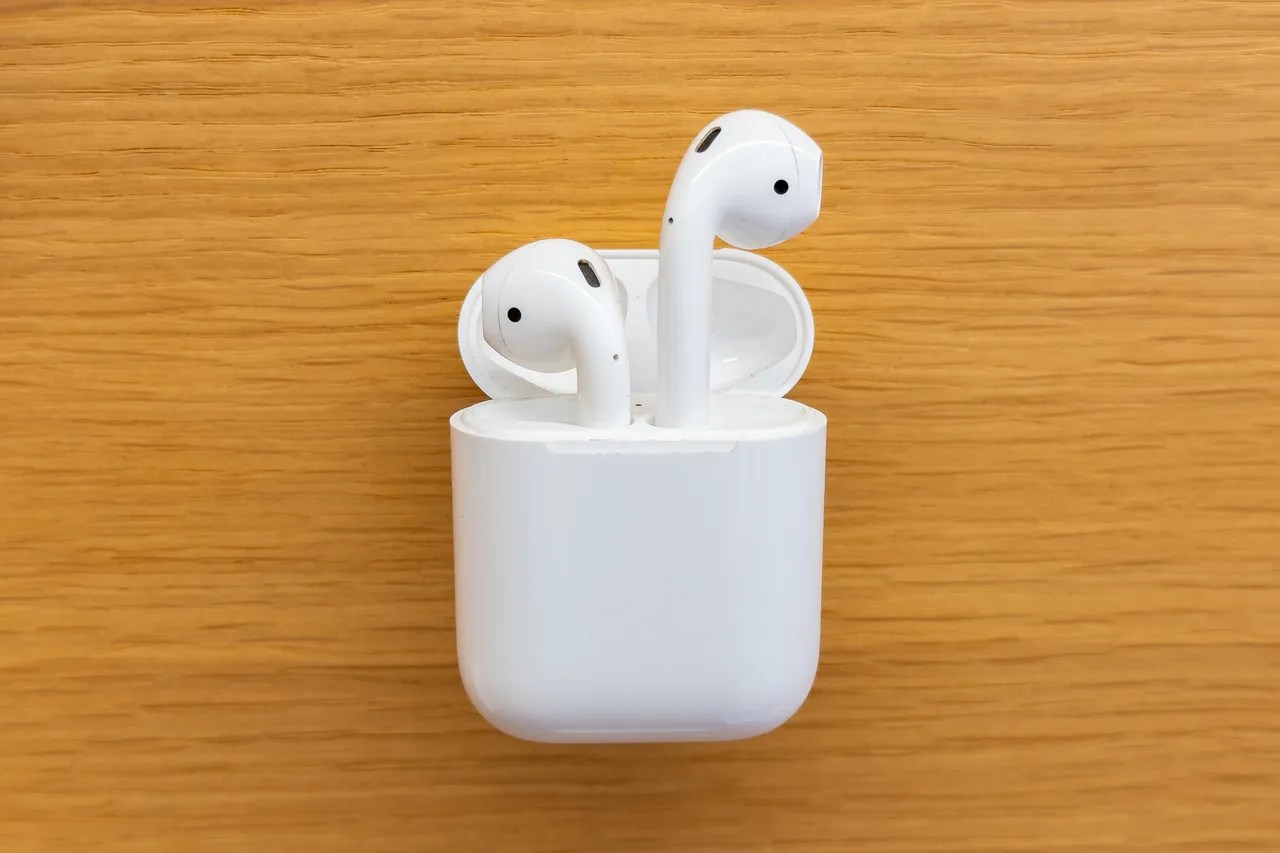
This is one of the largest surveys on this issue. Researchers at the University of Michigan have collected data from more than 160,000 participants who answered survey questions and completed hearing assessments on the Apple Research app since 2019. The goal is to study the effects of sound exposure through headphones, how tinnitus affects people, and possibly develop new methods to manage the symptoms.
Tinnitus is a common problem that can affect daily life. By comparison, according to estimates from the US National Institute on Deafness and Other Communication Disorders (NIDCD), about 10% of American adults have some form of tinnitus.
https://www.nidcd.nih.gov/health/tinnitus
However, the way people experience tinnitus, which can be caused by exposure to loud noise, is changing according to the devices they use. Tinnitus has historically been more commonly associated with workers exposed to a lot of noise on the job. Over the past decade, listening to music through headphones, attending concerts or sporting events, and other “recreational” noise exposures have become a greater concern for adults. Researchers. Previous studies show that for people living in urban areas, listening to music may be the greatest source of noise exposure. Without a doubt, Apple’s iPods, smartphones, and headphones have played a part in that trend.
https://www.apple.com/newsroom/2024/05/apple-hearing-study-shares-preliminary-insights-on-tinnitus/
Unsurprisingly, “noise trauma” — which Apple calls “exposure to excessively high noise levels” — was the leading cause of tinnitus in participants in the new study. About 10% of people in the Apple-sponsored study said tinnitus affected their ability to hear clearly. The researchers also found that the duration of a tinnitus episode “significantly increases” with age. Nearly 36% of participants aged 55 and older had persistent tinnitus compared with 14.7% of all adults. To cope, more than half of the participants used noise generators or nature sounds to control tinnitus.
The University of Michigan says on its website that this research could “contribute to the development of new products to optimize your listening experience and reduce the risk of hearing loss.” And Apple advertises some of its devices’ features as ways “Apple products can help,” such as using the Noise app on your Apple Watch to get notifications when loud sounds are around you. reach potentially dangerous levels.
This is one of three ongoing projects conducted through the Apple Research app (the other two are related to heart health and the menstrual cycle). Hearing study participants need to be adults living in the United States. They did not need to use Apple headphones to participate in the study, except for some tone and tinnitus exercises calibrated for AirPods Max, AirPods Pro, AirPods, or EarPods.
Từ khoá:
Bài viết liên quan
Palm Mini 2 Ultra: Máy tính bảng mini cho game thủ
Robot with smart grip
NASA’s goal of conquering the Sun
Apple launches a new feature that makes it easier to use your phone while sitting on vehicle
Google Photos launches smart search feature “Ask for photos”
Roku streams live MLB baseball games for free
Gun detection AI technology company uses Disney to successfully persuade New York
Hackers claim to have collected 49 million Dell customer addresses before the company discovered the breach
Thai food delivery app Line Man Wongnai plans to IPO in Thailand and the US in 2025
Google pioneered the development of the first social networking application for Android
AI outperforms humans in gaming: Altera receives investment from Eric Schmidt
TikTok automatically labels AI content from platforms like DALL·E 3
Dell’s data was hacked, revealing customers’ home address information
Cracking passwords using Brute Force takes more time, but don’t rejoice!
US lawsuit against Apple: What will happen to iPhone and Android?
The UAE will likely help fund OpenAI’s self-produced chips
AI-composed blues music lacks human flair and rhythm
iOS 17: iPhone is safer with anti-theft feature
Samsung launches 2024 OLED TV with the highlight of breakthrough anti-glare technology

REGISTER
TODAY
Sign up to get the inside scoop on today's biggest stories in markets, technology delivered daily.
By clicking “Sign Up”, you accept our Terms of Service and Privacy Policy. You can opt out at any time.











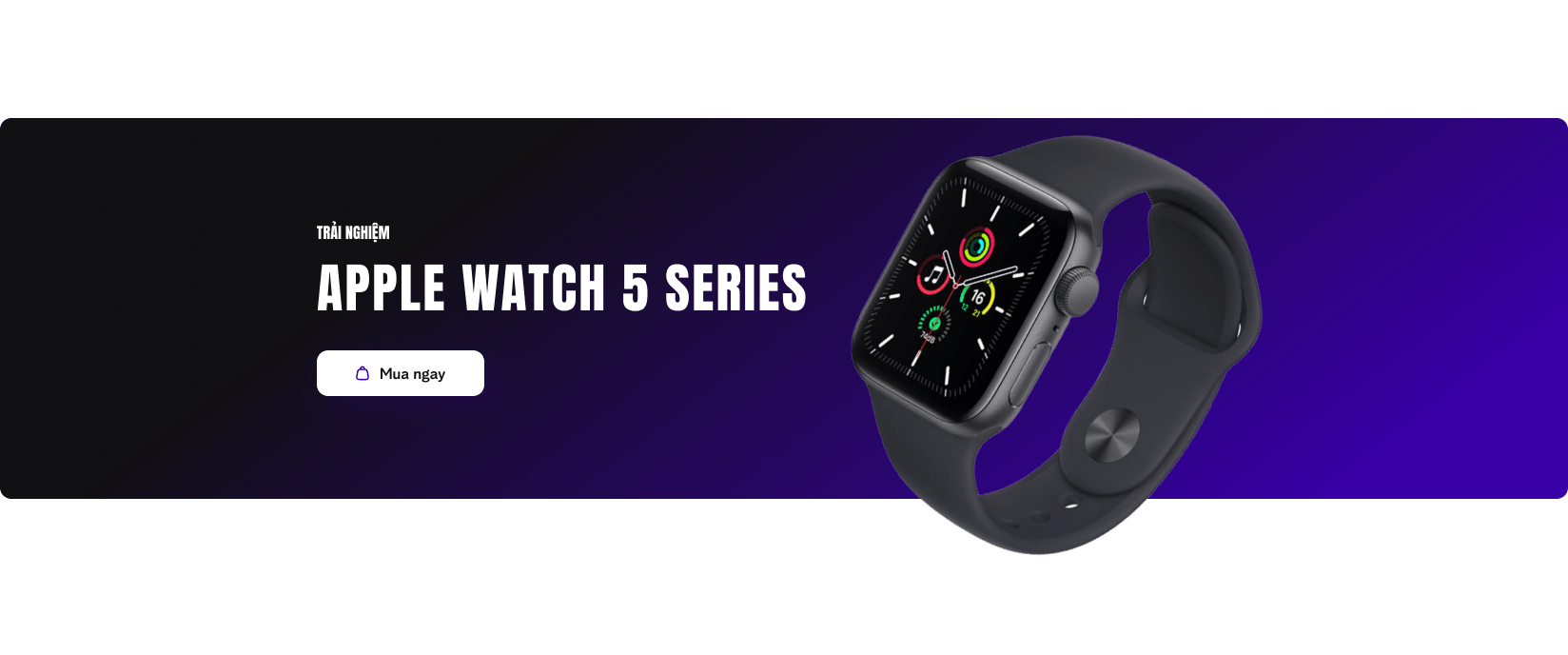

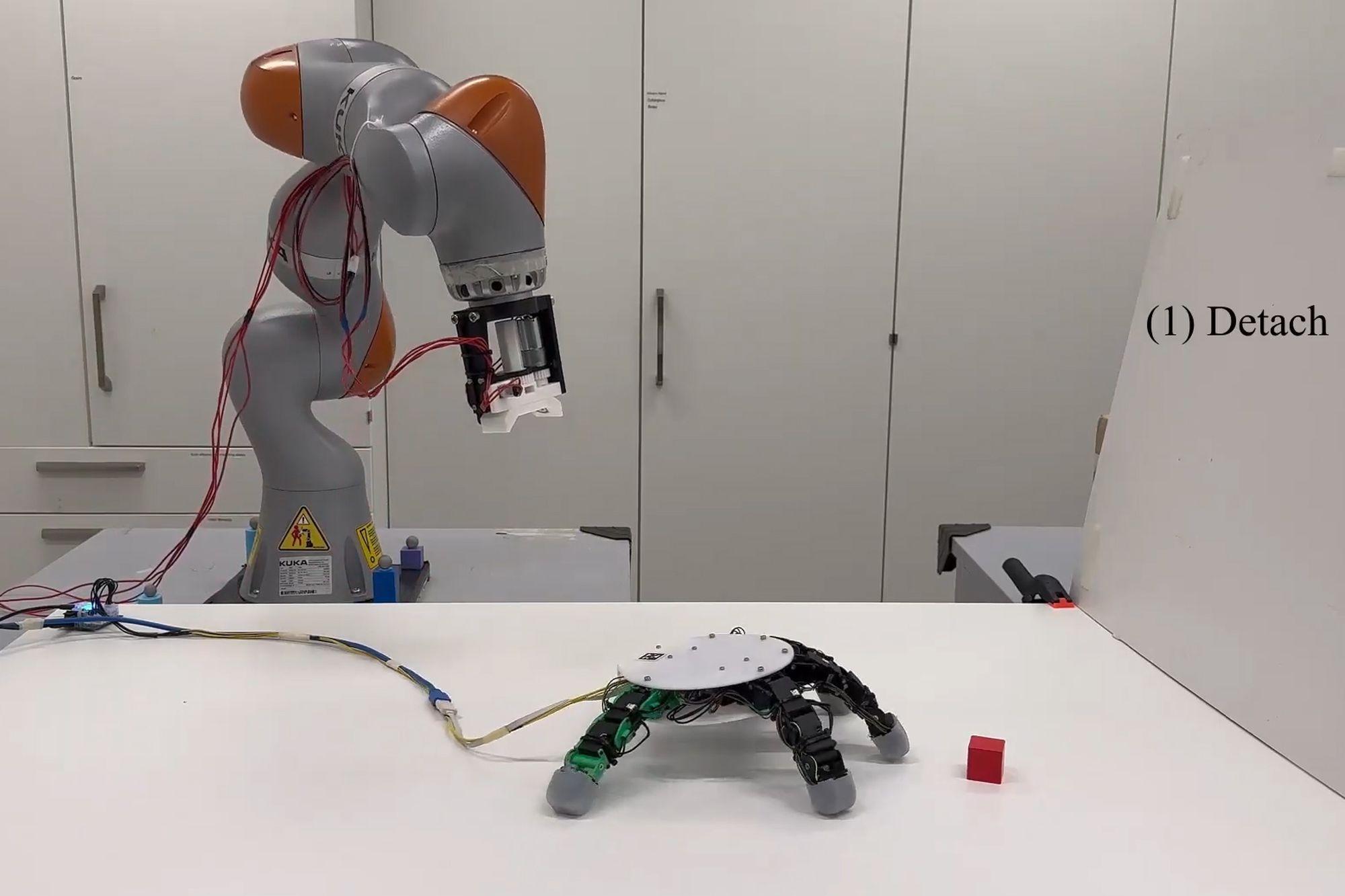

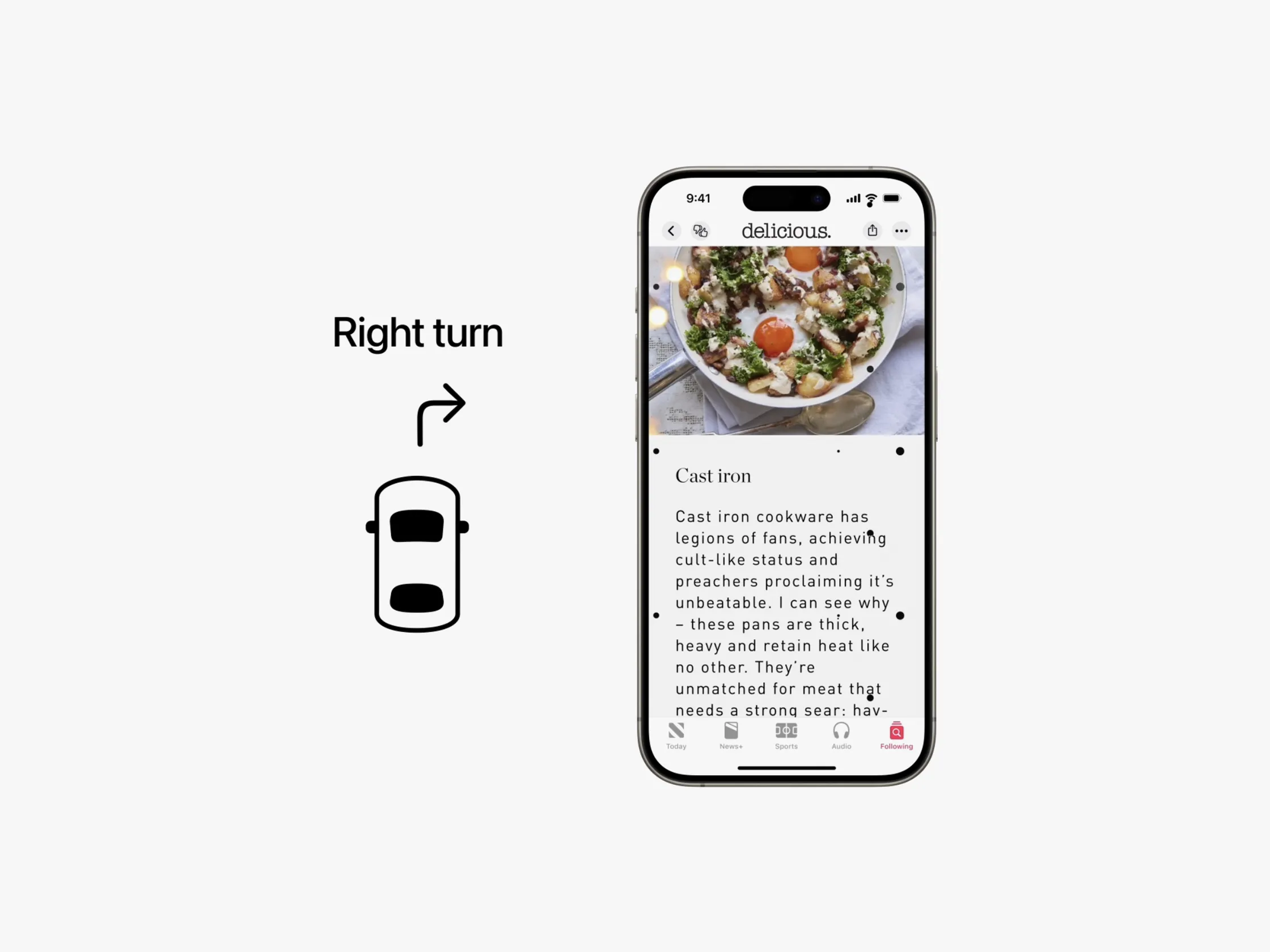
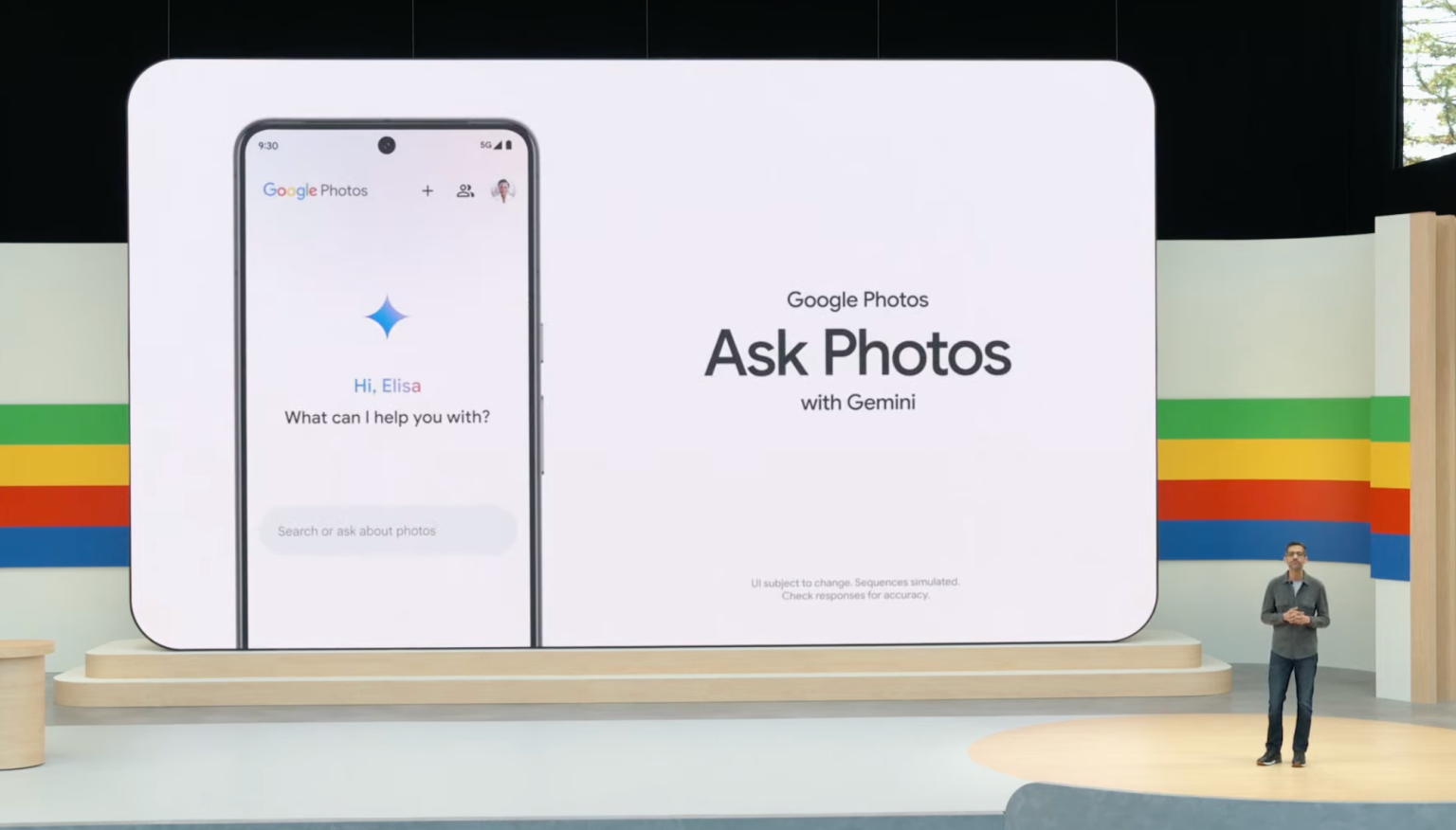




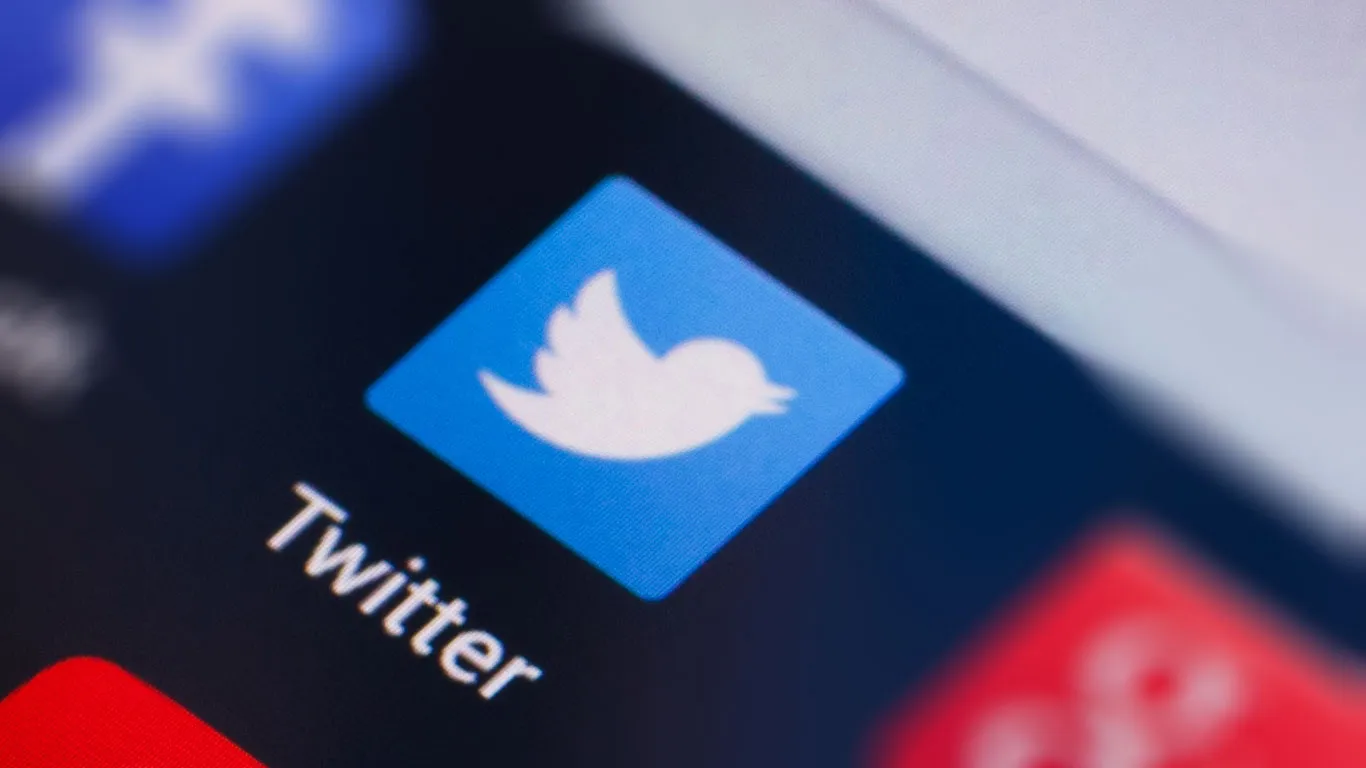




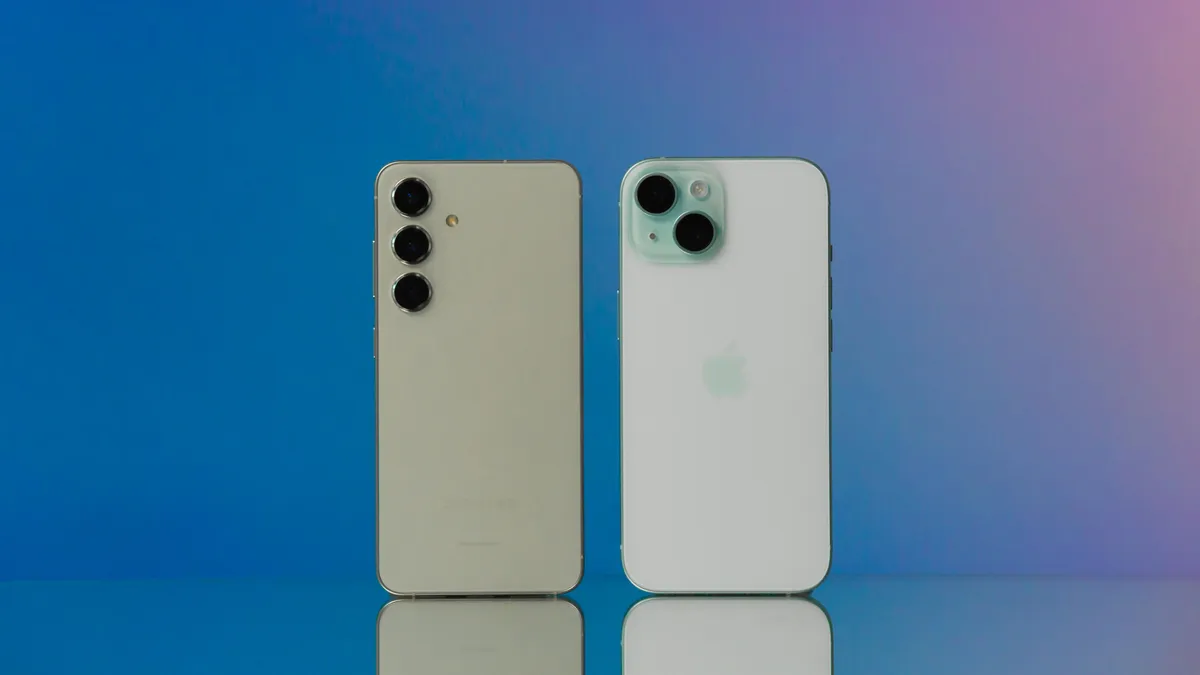

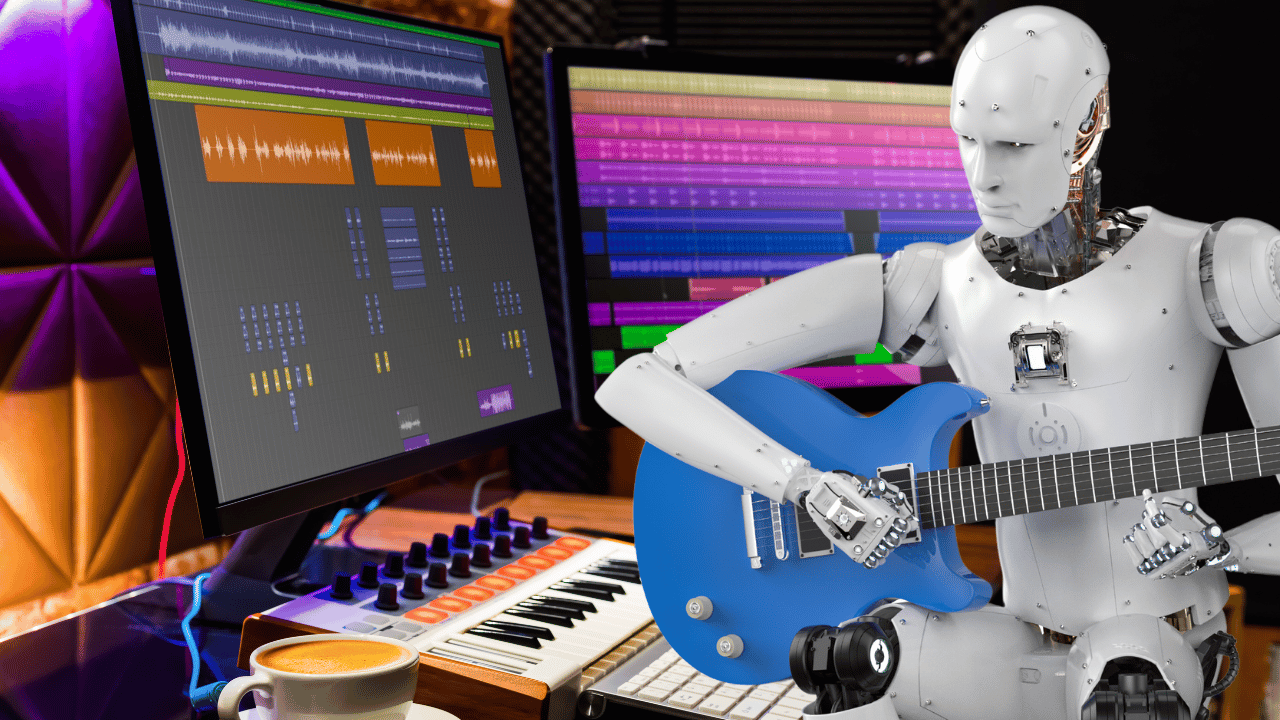
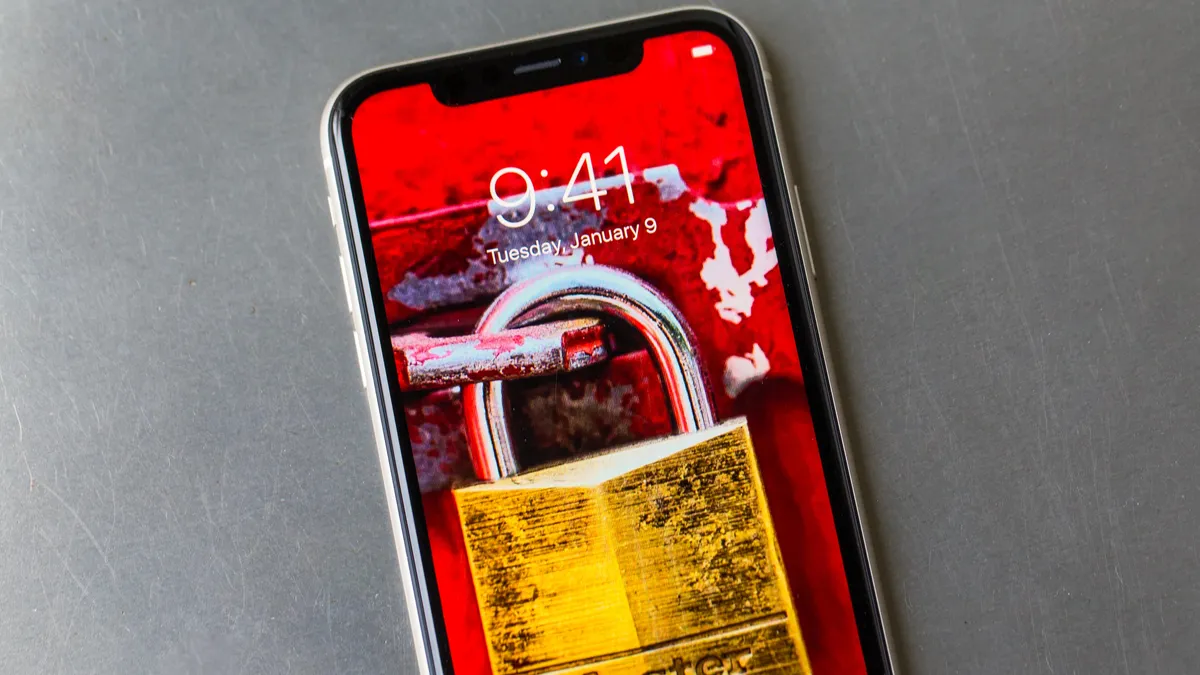
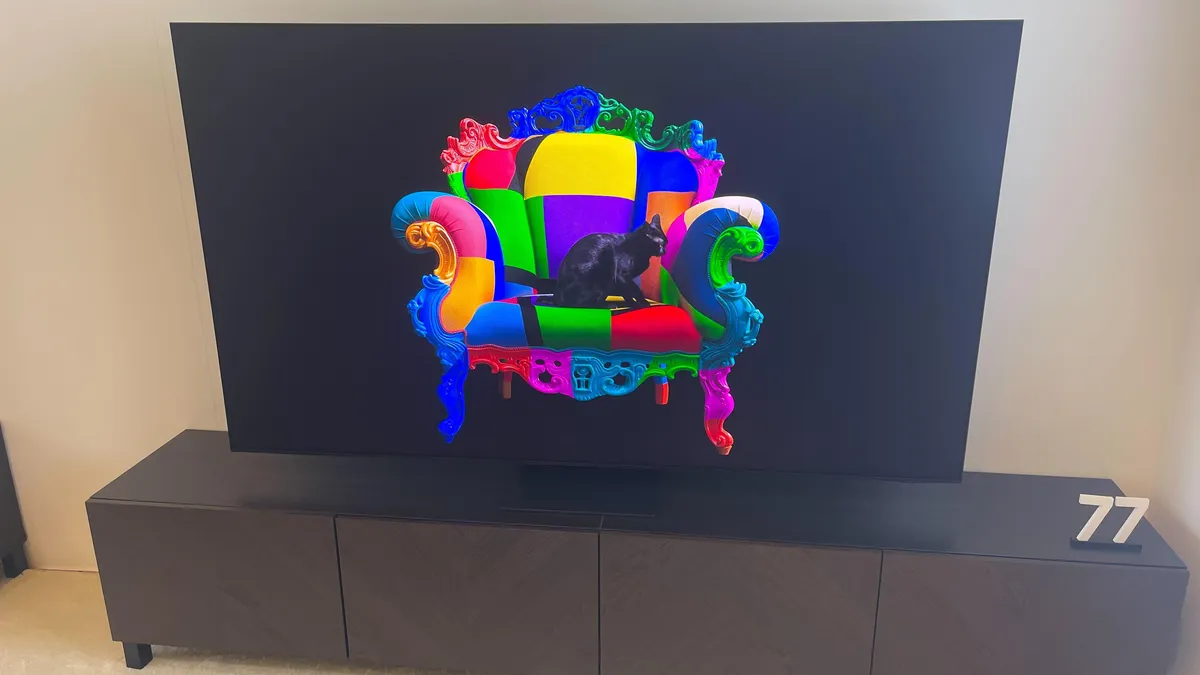

Nhận xét (0)